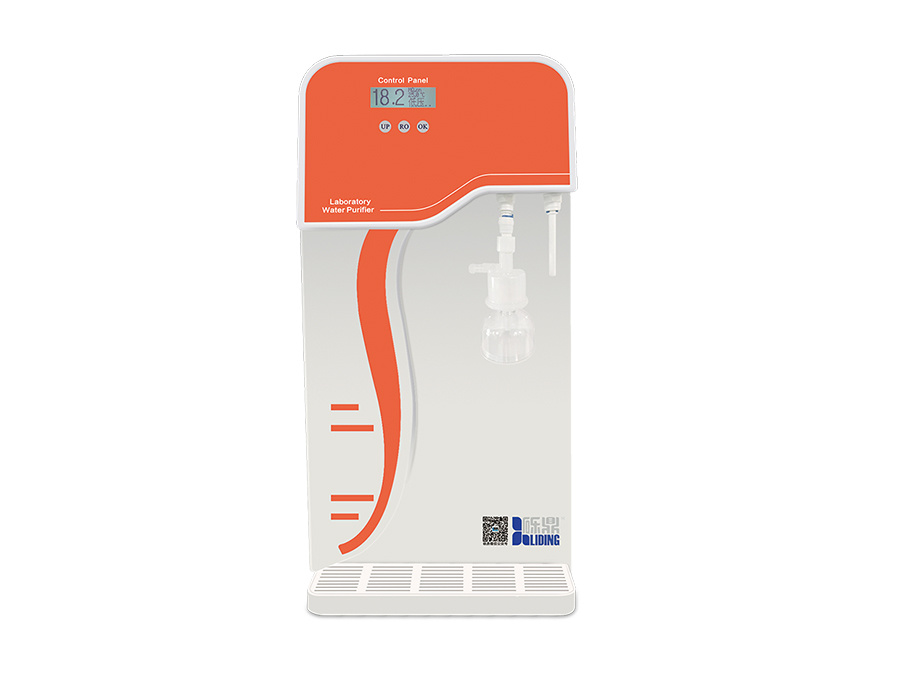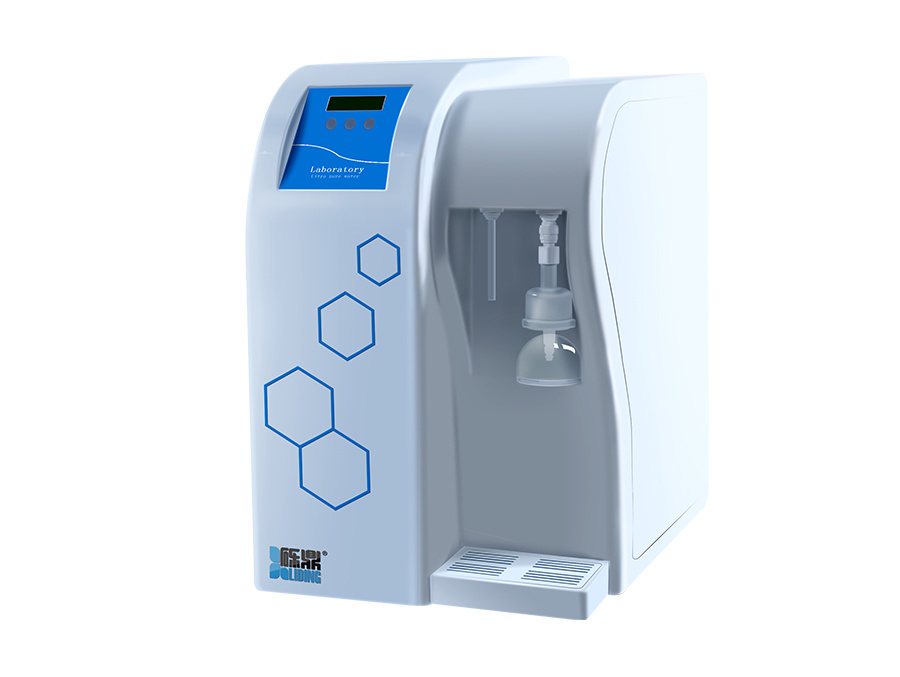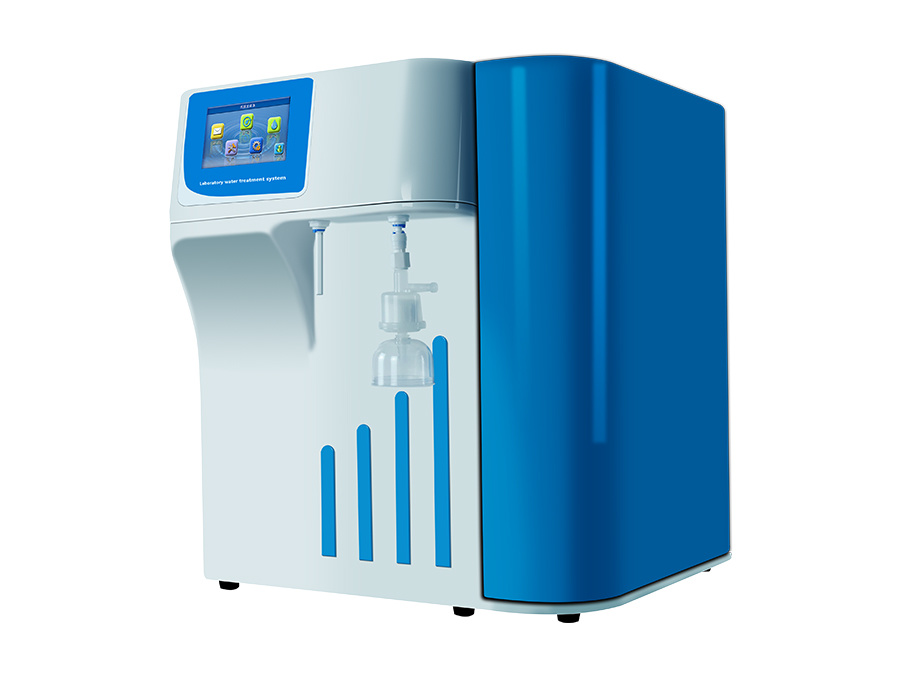Exploring the Industrial Applications of Ultra Pure Water Purifiers: Essential Insights and Solutions
Time:
Aug 18,2025
Exploring the Industrial Applications of Ultra Pure Water Purifiers
Understanding Ultra Pure Water Purification
In today's industrial landscape, the demand for ultra-pure water is soaring. Ultra-pure water (UPW) is defined as water that has been treated to remove nearly all contaminants, including dissolved salts, organic compounds, and particulate matter. This level of purity is crucial for various applications where water quality directly impacts product performance and operational efficiency.
The Importance of Ultra Pure Water in Industries
Industries that rely on ultra-pure water often operate in highly regulated environments where maintaining strict quality standards is non-negotiable. From pharmaceuticals to electronics manufacturing, the applications of ultra-pure water are diverse and vital. This article explores the significance of these purifiers across different sectors.
Key Benefits of Using Ultra Pure Water Purifiers
Implementing ultra-pure water systems offers several advantages, including:
- Enhanced Product Quality: Ultra-pure water eliminates contaminants that can affect the quality and efficacy of products.
- Cost Efficiency: Reducing waste and minimizing rework through improved water quality can significantly lower operational costs.
- Regulatory Compliance: Meeting industry standards for water quality is essential for compliance and avoiding legal issues.
- Increased Equipment Longevity: Pure water reduces scaling and corrosion in machinery, extending the lifespan of industrial equipment.
Industrial Applications of Ultra Pure Water Purifiers
1. Pharmaceutical Industry
In the pharmaceutical sector, the quality of water used in manufacturing processes is paramount. Ultra-pure water is essential for:
- Formulating Medications: Many pharmaceutical formulations require ultra-pure water to ensure safety and effectiveness.
- Cleaning and Sterilization: UPW is used for cleaning equipment and surfaces to prevent contamination.
2. Semiconductor Manufacturing
The semiconductor industry is highly sensitive to impurities. Ultra-pure water plays a critical role in:
- Wafer Cleaning: UPW is used to rinse wafers during manufacturing to eliminate particles and contaminants.
- Process Water: It is required for various chemical processes in chip fabrication.
3. Power Generation
In power generation, particularly in nuclear and fossil fuel plants, ultra-pure water helps maintain:
- Cooling Systems: UPW prevents scaling and corrosion in cooling towers and heat exchangers.
- Steam Generation: Pure water is crucial for creating high-quality steam used in electricity generation.
4. Food and Beverage Industry
Water quality is equally important in the food and beverage industry. Ultra-pure water is utilized for:
- Product Formulation: It ensures that beverages and food products are free of harmful contaminants.
- Cleaning Processes: UPW is used to clean manufacturing equipment, adhering to health standards.
5. Cosmetics and Personal Care
In the cosmetics industry, ultra-pure water is essential for:
- Ingredient Purity: Many cosmetic formulations require high-purity water to maintain product integrity.
- Manufacturing Hygiene: It is necessary for cleaning equipment to avoid contamination.
Technologies Behind Ultra Pure Water Purification
Reverse Osmosis
Reverse osmosis (RO) is one of the most common technologies used to produce ultra-pure water. This process involves forcing water through a semi-permeable membrane, which effectively removes contaminants. RO systems are essential in various industrial applications due to their efficiency and effectiveness.
Deionization
Deionization (DI) further purifies water by removing charged ions. This process is often used in combination with RO to achieve the highest purity levels required in industries such as pharmaceuticals and electronics manufacturing.
Ultraviolet (UV) Treatment
UV treatment is a complementary technology that uses ultraviolet light to disinfect water. It effectively eliminates microorganisms, ensuring that the ultra-pure water is free from biological contaminants.
Challenges in Ultra Pure Water Purification
While the benefits of using ultra-pure water purifiers are significant, industries face challenges, including:
- High Operating Costs: Initial installation and ongoing maintenance can be expensive.
- Monitoring Water Quality: Continuous monitoring is essential to ensure compliance with quality standards.
- Waste Management: The disposal of wastewater generated during purification processes can pose environmental challenges.
Future Trends in Ultra Pure Water Purification
As industries evolve, the demand for ultra-pure water will continue to grow. Future trends may include:
- Integration of Smart Technologies: Smart sensors and IoT devices will enhance monitoring and control of purification systems.
- Energy-Efficient Systems: Advances in technology will lead to more energy-efficient purification methods, reducing operational costs.
- Environmental Sustainability: Industries will focus on sustainable practices, including recycling and reducing wastewater.
FAQs About Ultra Pure Water Purifiers
1. What is ultra-pure water, and why is it important?
Ultra-pure water is water that has been treated to remove virtually all contaminants. It is critical in industries where water quality directly affects the safety and efficacy of products, such as pharmaceuticals and electronics.
2. What technologies are used to produce ultra-pure water?
Common technologies include reverse osmosis, deionization, and ultraviolet treatment, often used in combination to achieve the highest levels of purity.
3. How does ultra-pure water impact product quality?
Ultra-pure water eliminates contaminants that can negatively affect product formulations, ensuring consistency and safety in manufacturing.
4. What are the challenges associated with ultra-pure water systems?
Challenges include high operating costs, the need for continuous monitoring, and managing the waste generated during the purification process.
5. How can industries stay compliant with water quality regulations?
Industries can ensure compliance by implementing rigorous monitoring systems and regularly maintaining purification equipment to meet regulatory standards.
Conclusion
The role of ultra-pure water purifiers in industrial applications is indispensable. From enhancing product quality to ensuring compliance with stringent regulations, these systems help industries thrive in a competitive market. As technology continues to evolve, the efficiency and effectiveness of ultra-pure water purification will only improve, paving the way for further innovations and sustainable practices. Industries must embrace these advancements to maintain operational excellence and meet the growing demand for high-quality water in their processes.
RELATED NEWS








